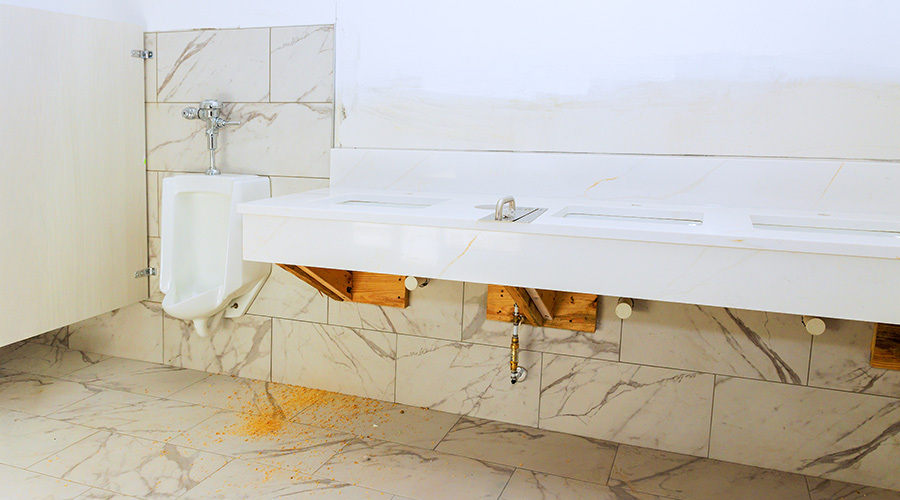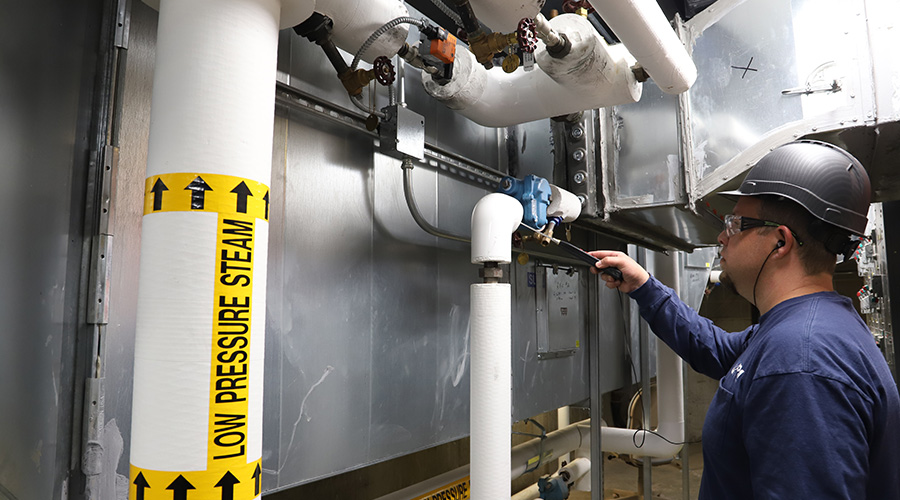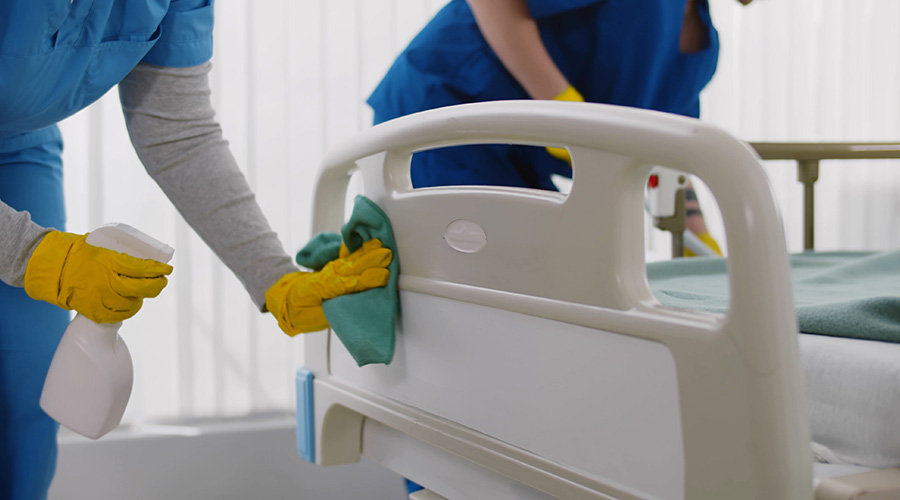The U.S. Department of Labor’s Occupational Safety and Health Administration (OSHA) has issued interim guidance to advise compliance safety and health officers to evaluate an employer’s good faith efforts to comply with safety and health standards during the coronavirus pandemic.
Current infection control practices may limit the availability of employees, consultants or contractors who normally provide training, auditing, equipment inspections, testing, and other essential safety and industrial hygiene services. Business closures and other restrictions may also preclude employee participation in training if trainers are unavailable and access to medical testing facilities may be limited or suspended.
During an inspection, compliance safety and health officers should assess an employer’s efforts to comply with standards that require annual or recurring audits, reviews, training or assessments. Officers should evaluate if the employer:
- Explored all options to comply with applicable standards (e.g., use of virtual training or remote communication strategies);
- Implemented interim alternative protections, such as engineering or administrative controls; and
- Rescheduled required annual activity as soon as possible.
Employers unable to comply with OSHA requirements because local authorities required the workplace to close should demonstrate a good faith attempt to meet applicable requirements as soon as possible following the re-opening of the workplace.
OSHA will take employers’ attempts to comply in good faith into strong consideration when determining whether it cites a violation. The agency may issue a citation if it finds an employer cannot demonstrate any efforts to comply. To ensure corrective actions employers have taken once normal activities resume, OSHA will develop a program to conduct monitoring inspections from a randomized sampling of cases where the agency noted, but did not cite, violations.
This guidance takes effect immediately, and remains in effect until further notice. It is time-limited interim guidance in effect due to the current public health crisis. Visit OSHA’s COVID-19 webpage frequently for updates.
Under the Occupational Safety and Health Act of 1970, employers are responsible for providing safe and healthful workplaces for their employees. OSHA’s role is to help ensure these conditions for America’s working men and women by setting and enforcing standards, and providing training, education and assistance. For more information, visit www.osha.gov.
The mission of the Department of Labor is to foster, promote and develop the welfare of the wage earners, job seekers and retirees of the United States; improve working conditions; advance opportunities for profitable employment; and assure work-related benefits and rights.
 Biofilm 'Life Raft' Changes C. Auris Risk
Biofilm 'Life Raft' Changes C. Auris Risk How Healthcare Restrooms Are Rethinking Water Efficiency
How Healthcare Restrooms Are Rethinking Water Efficiency Northwell Health Finds Energy Savings in Steam Systems
Northwell Health Finds Energy Savings in Steam Systems The Difference Between Cleaning, Sanitizing and Disinfecting
The Difference Between Cleaning, Sanitizing and Disinfecting Jupiter Medical Center Falls Victim to Third-Party Data Breach
Jupiter Medical Center Falls Victim to Third-Party Data Breach